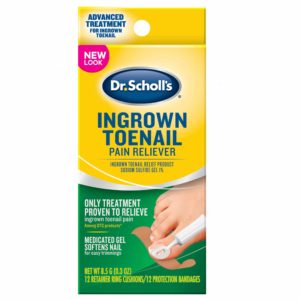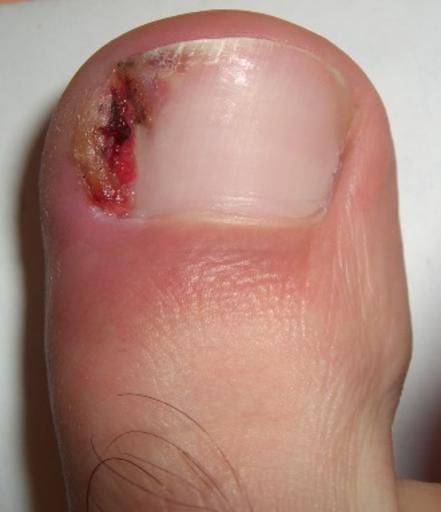
Although there is no cure for ingrown toenails, you can manage the pain and inflammation on your own. While you should not try to treat it on your own, you can soak your feet in warm water to relieve the pain. You may also take an acetaminophen or ibuprofen to ease the pain and inflammation. If you are experiencing any of these symptoms, consult with your doctor.
While there are no cures for ingrown toenails, they can be treated using special tools. In some cases, you may be able to get rid of the problem on your own, which is especially helpful if you haven’t tried any other methods of treatment. However, if you notice that your condition is getting worse, it’s important to see a doctor for proper diagnosis and treatment. If you do have an ingrown toenail, you may need surgery to remove a portion of the nail, which is usually done by a doctor.
If you have no symptoms and are confident that your ingrown toenail isn’t due to an infection, you can treat it at home. But this method is only recommended if you have a serious medical condition or suspect an infection. If you have diabetes, poor circulation, nerve damage in the foot, or other conditions that can cause damage to the foot, seeing a doctor is essential. If you have any symptoms of an ingrown toenail, you should consult a doctor to determine the best treatment.
Your doctor may prescribe antibiotics for ingrown toenails. A prescription may be necessary. If your pain is severe, OTC pain relievers can help. But these are not a long-term solution. In some cases, you may need to undergo surgery. A visit to the doctor is the best option. Even if you are able to treat the condition at home, it’s important to see a doctor if it gets worse. If the problem doesn’t go away after these methods, you should consult a physician to get proper treatment.
A visit to a doctor isn’t necessary for ingrown toenails. The pain caused by ingrown toenails can be managed at home without a visit to the doctor. A warm saltwater soak will relieve the pain and prevent infection. Taking a warm bath with Epsom salt will relieve the pain and prevent infection. If you don’t want to use Epsom salt, you can substitute regular table salt.

You can treat an ingrown toenail at home by removing the ingrown toenail. You can also wear socks and shoes that have enough room for your feet and ankles. If your toenail is too large, wear steel-toed boots to protect your feet from an ingrown toenail. You should also wear soft socks with your shoes so you don’t wear tight socks. Medicines for ingrown toenails and infections are available at blognhadat360.com.
The first step in treating ingrown toenails is not to cut your toenails too short. Whether you’re at home or at the doctor’s office, keep your nails long enough to rest comfortably against your skin. You may also need to visit an orthopedist if your toenails are too sore. If you are a child, seek medical attention as soon as possible. Ingrown toenails can be very painful and uncomfortable.
Another popular remedy for ingrown toenails is a home remedy that contains apple cider vinegar. Apple cider vinegar is a natural antibiotic and has anti-inflammatory and antibacterial properties. If your ingrown toenail is particularly painful, you can apply petroleum jelly and soak the affected toe in warm water for fifteen minutes each day. If you don’t have a doctor, you can use the Healthline FindCare tool to find a doctor.
If you are experiencing an ingrown toenail, you may want to see a doctor. You can use an over-the-counter cream containing iodine to relieve pain. Your doctor may give you an antibiotic cream to reduce swelling. If your symptoms persist, you should see an orthopedist. An ingrown toenail infection can be very painful and may even require surgery.